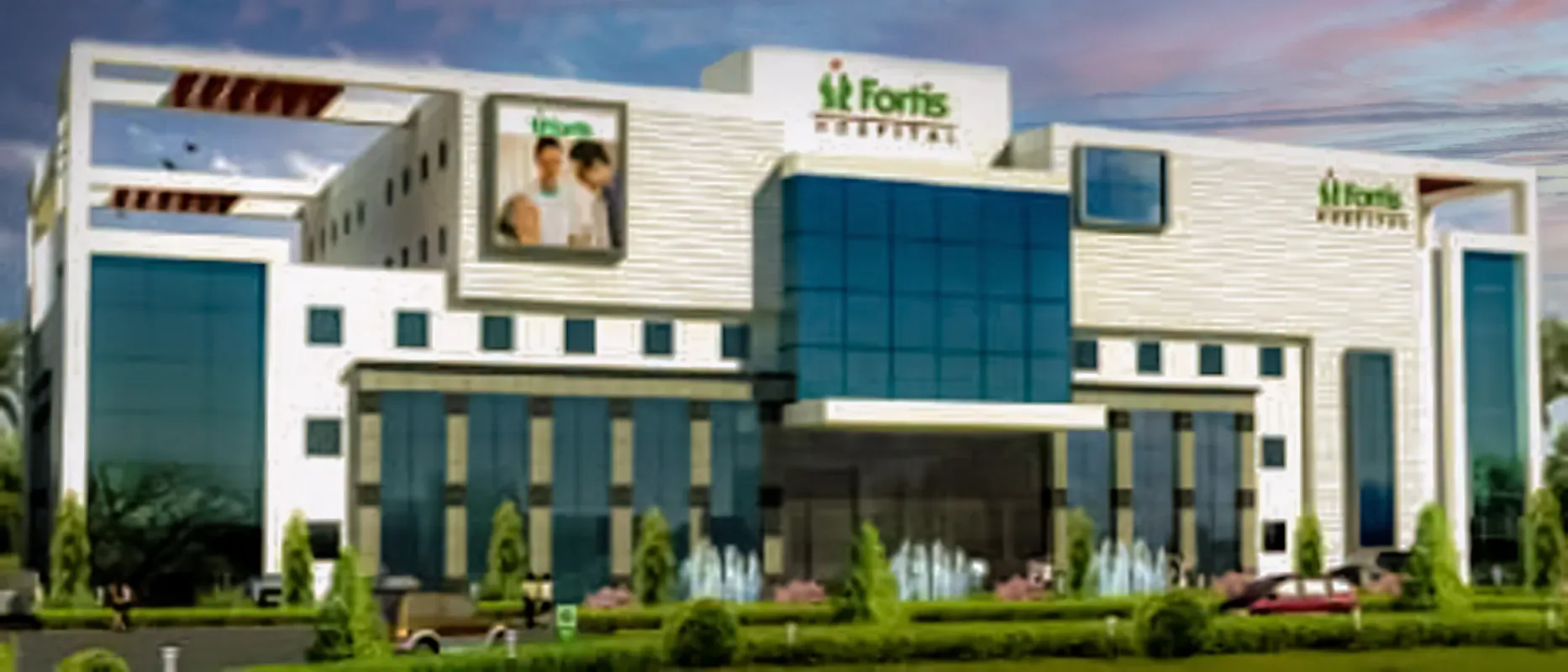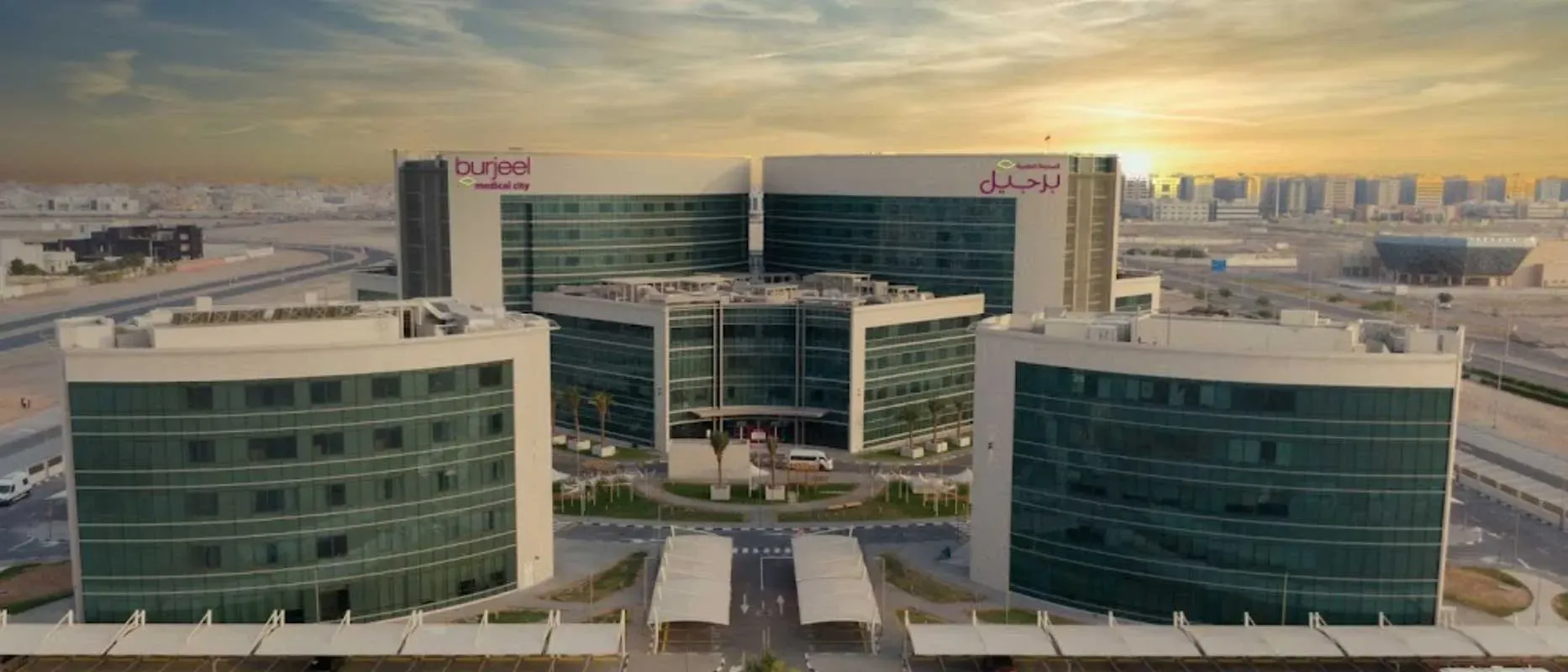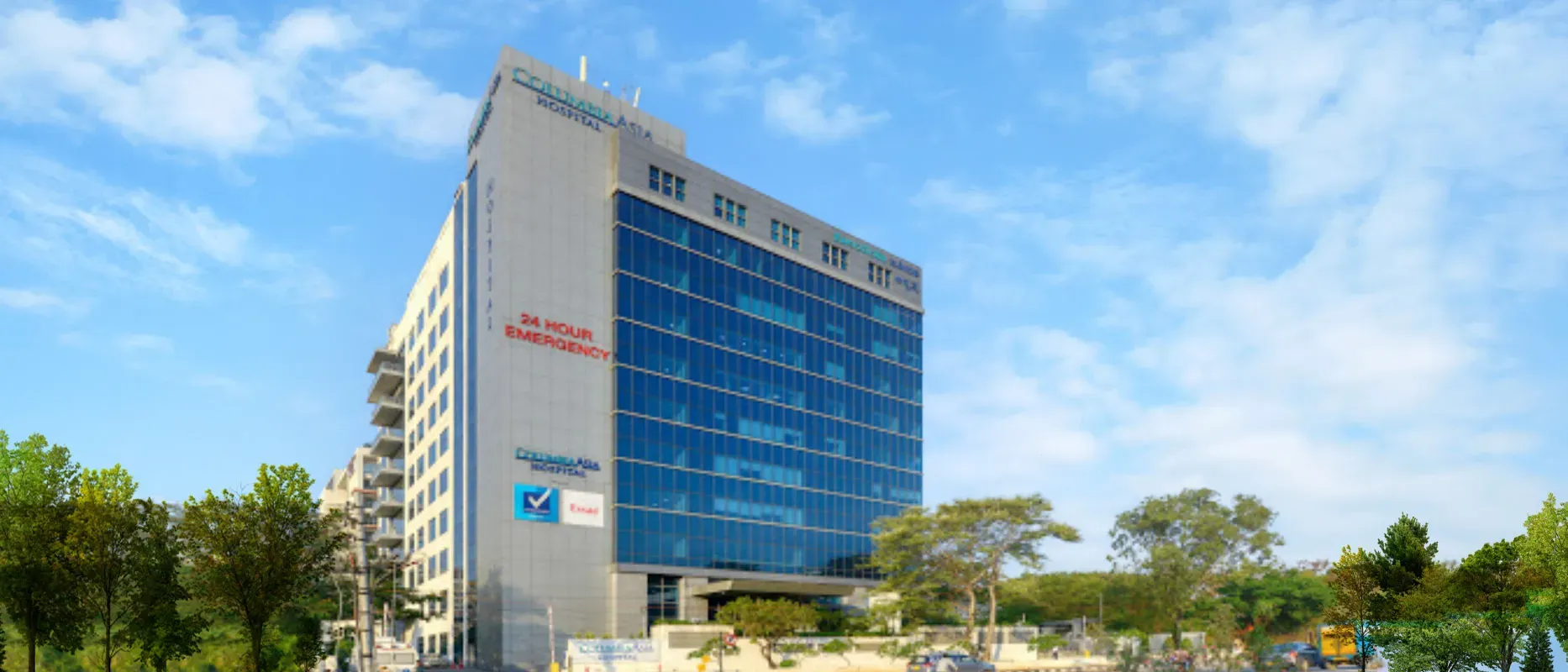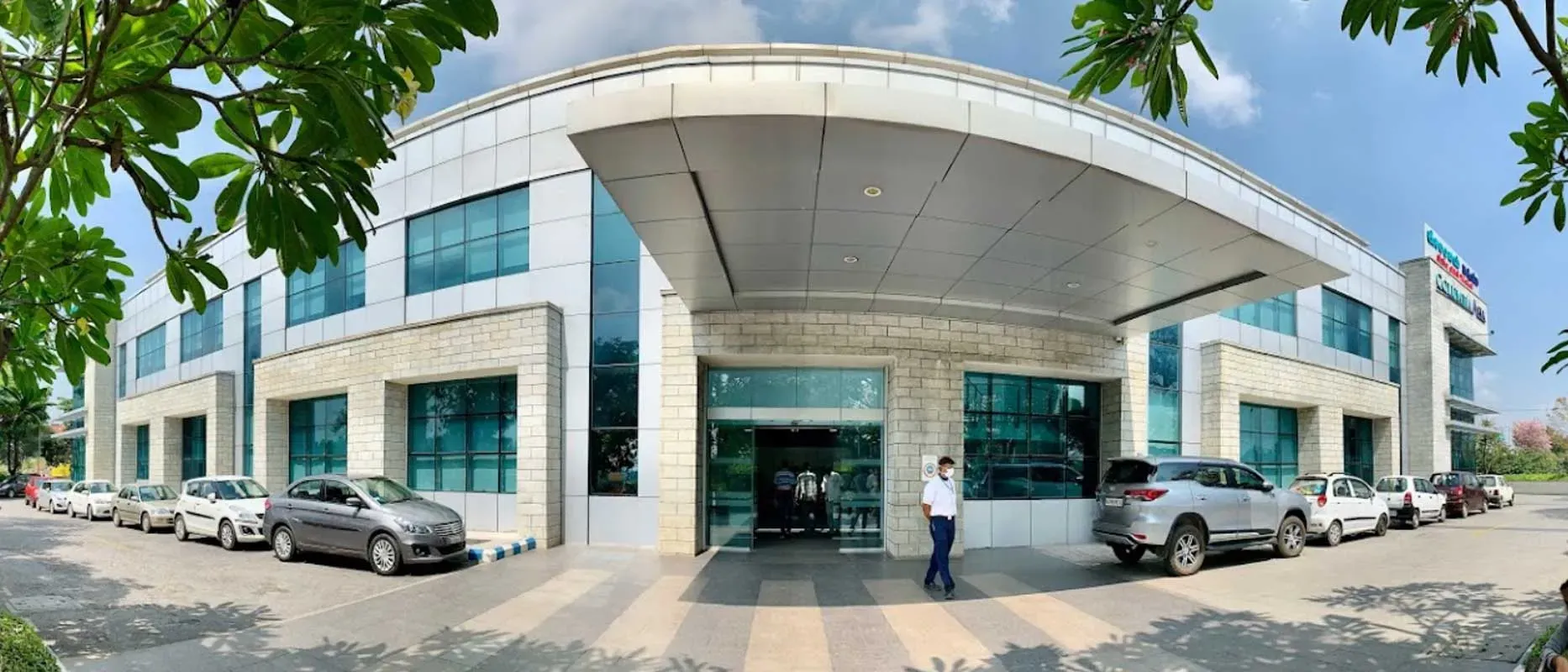Overview of Kidney Stone Removal Treatment
Kidney stones are the stones formed in the kidneys due to deposition of salts and other minerals. Kidney stone can be formed in the kidney on one or both sides. Kidney stones can be formed in the kidneys, the ureter, which is a tube that connects the kidneys to the bladder and also in the bladder. Kidney stones can cause the symptoms of severe pain. Some kidney stones are small enough to be passed in the urine. In that case some pain medications and water intake will be enough for kidney stone treatment. But large stones with kidney infections and other complications should be treated with the surgery. Kidney stones can be the deposition of calcium oxalate due to excessive intake of vitamin D or it can be the deposition of uric acid due to high protein intake in the diet. Kidney stones are most commonly present in the age group of 30 to 60 years. According to research, the people who have kidney stones treatment are most likely to develop the kidney stones again after the time period of 5 years. It is recommended to drink a lot of water in order to prevent kidney stone formation. Kidney stone treatment is almost always successful but it may have some complications. These complications should be managed with time to prevent the recurrence of kidney stones or kidney infection and to speed up the recovery process.
Types of Kidney Stone Removal Treatment
Different types of kidney stone removal treatments are:
- Extracorporeal Shock Wave Lithotripsy (ESWL)
- Ureteroscopy
- Percutaneous Nephrolithotomy (PCNL)
- Open surgery
- Medical Expulsive Therapy (MET)
Extracorporeal Shock Wave Lithotripsy (ESWL)
This non-invasive procedure uses shock waves to break the kidney stones into smaller pieces that makes it easier for them to pass through the urinary tract and be excreted. ESWL is a suitable procedure for small and medium sized kidney stones.
Ureteroscopy
In this procedure, a thin tube with a camera is inserted through the urethra and bladder which then enters into the ureter or kidney. After accessing the stones, either it is removed from kidneys through surgery or by breaking the stones through laser.
Percutaneous Nephrolithotomy (PCNL)
PCNL is a minimally invasive procedure used to remove kidney stones that are large in size. A small incision is made in the back and a hollow tube is then inserted through the incision and into the kidney. By using ultrasound and laser energy the stones break into small pieces which can pass through the urine.
Open Surgery
In rare cases when other methods are not feasible, open surgery may be required. It involves making a larger incision in the abdomen or side to directly access the kidney and remove the stones.
Medical Expulsive Therapy (MET)
MET involves the use of medications, such as alpha-blockers, to help relax the muscles in the ureter. The relaxed muscles then allow the stones to pass through urine naturally.
Diagnosis of Kidney Stone Removal Treatment
Here are the common steps involved in diagnosing kidney stones:
Medical History and Symptoms
According to the past medical history and the types of symptoms, physicians can suspect kidney stone formation and may ask to go for further tests.
Physical Examination
The doctor may perform a physical examination to check the pain pattern, tenderness, or swelling in the abdominal area, back, or sides.
Urine Tests
Urine tests are done to check for blood, crystals, or infection in the urine. A urine sample is collected and tested in a laboratory to check for any abnormality.
Imaging Tests
Some imaging tests are used to check kidney stones. These may include:
X-ray: X-rays can detect most types of kidney stones and their location in the urinary system.
Computed Tomography (CT) scan: CT scan can give the clear picture of kidney stones. It can also detect the size and location of the kidney stones.
Ultrasound: Ultrasound uses sound waves to create the picture of the urinary tract. It can also detect the blockage and swelling in the urinary system.
Cost of Kidney Stones Treatment in India
The cost of kidney stone removal treatment in India ranges from 1000 USD to 2200 USD. It can vary according to the type of procedure for kidney stone removal. It may also vary according to the skill of the surgeon and the facilities of hospitals. Many cities of India offer these procedures at a cheap cost.
Cost of different procedures for kidney stone removal in India:
| Treatment Costs in India |
Min in USD |
Max in USD |
| Removal of Kidney Stones |
1065 USD |
1420 USD |
| PCNL |
1171 USD |
1562 USD |
| Ureteroscopy and Laser Lithotripsy (URSL) |
1065 USD |
1420 USD |
| Others |
1367 USD |
2189 USD |
Symptoms & Risk Factors of Kidney Stone Removal
Here are the names of some common symptoms of kidney stones:
- Severe back pain
- Hematuria (blood in urine)
- Urinary urgency
- Increase Urinary frequency
- Cloudy or foul-smelling urine
- Nausea
- Vomiting
- Restlessness or inability to find a comfortable position
- Difficulty or pain while passing urine
- Lower abdominal pain or discomfort
- Groin pain
- Fever and chills
- Frequent urinary tract infections (UTIs)
- Fluctuation in the intensity of pain
- Feeling the need to urinate but only passing small amounts of urine
- Presence of small, sand-like particles in the urine
- Fatigue or general weakness
- Loss of appetite
Risk Factors of Kidney Stones
Some risk factors associated with kidney stones are:
Family or Personal History
A positive family history of the kidney stones can be the biggest risk factor of developing kidney stones.
Dehydration
Low intake of water and other fluids can be the cause of stone formation in the kidneys. When the water is in less quantity the urine becomes concentrated which allows the formation of stones.
Certain Diets
A diet high in salt intake, oxalate, or animal protein and low in calcium can increase the risk of kidney stone formation. Different types of diet can lead to different types of stones formation in kidneys.
Obesity
Overweight or obese people have a higher risk of developing kidney stones due to changes in their metabolism.
Medical Conditions and Surgeries
Certain medical conditions such as urinary tract infections, kidney disease, and metabolic disorders can contribute to the development of kidney stones. Surgeries of gastrointestinal systems can also lead to formation of kidney stones due to change in the absorption rate of some nutrients.
Medications and Supplements
Some medications such as diuretics, calcium-based antacids, and high-dose vitamin C supplements may increase the risk of stone formation in kidneys.
Urinary Tract Abnormalities
Any abnormality in the structures of the urinary system can lead to blockage of the urine which in turn increases the susceptibility of kidney stones.
Climate and Geographic Location
There is a positive correlation between hot climates and formation of kidney stones. Hot and dry climates can be the reason for increased fluid loss and dehydration which then forms the stones in the kidney.
Top Hospitals for Kidney Stone Removal in India
Shaping the future of the healthcare institution and establishing the path to accomplishment.
Kokilaben Dhirubhai Ambani Hospital and Medical Research Institute Mumbai,India
Book Appointment
Top Doctors for Kidney Stone Removal in India
Empower your Health with the Expertise of Leading Medical Professionals.
Dr. A B Govindaraj
Department of Orthopedics
Orthopaedic Surgeon
Book Appointment
Treatment Costs for Kidney Stone Removal
Be the change and be an opportunist in transforming healthcare.
How it's Works
Guiding your Journey from Discovery to Treatment Planning and Beyond.
Discovery
Get a consultation to discover about your treatment
Pre-Treatment
Admission to the best hospital and all pre-treatment facilities
Post Treatment
Get post-treatment follow-up care with medicine fulfillment
Treatment Planning
Hassle-free treatment planning with package & cost estimations
in-treatment
world-class quality procedures and equipment for treatment


























